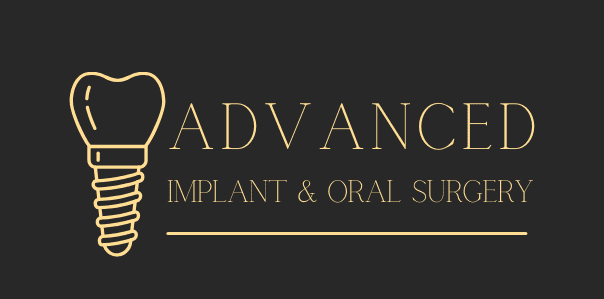Good gum health will make a massive difference in your smile. The gums serve as connective tissue that holds the teeth in place in the jaw. If the gums do not stay strong, you could see major changes in your smile, including tooth loss.
If you contract gum disease, an infection of the gums, you will need treatment from a dentist to get rid of it and restore your smile. To avoid this dental damage and dental work, you should seek preventive care for your gums.
Patients of any age could face a risk of gum disease, but summer weather may heighten the chances of forming problems with your gums. Knowing more about these periodontal threats can help you protect them better. Learn more about how summertime can impact gum health when you read on.

How Does Summer Weather Affect the Gums?
Summer can bring sunny, inviting weather, but it also can herald hot, dry heat. In high temperatures, you might sweat more often as an automatic response to cool down. You can lose water this way, and you may see a risk of dehydration if you do not replenish by drinking plenty of water.
Dehydration can lead to many types of dental issues, including dry mouth. With a lack of water in the body, you may produce less saliva. This leaves a tacky and dry feeling in the mouth. While this can feel uncomfortable, the dry oral environment can also encourage natural bacteria to spread more freely across the teeth.
People with dry mouth can then see a greater risk of infections like gum disease. So to keep the gums healthy, they should make an effort to avoid dry mouth and dehydration.
How Can I Boost My Gum Health?
You can ensure your gums stay healthy and free from infection when you address gum disease risk factors like chronic dry mouth. This means drinking at least eight glasses of water each day to stay hydrated. You may need to drink more than this during the summer if you intend to spend a great amount of time outdoors.
Keep excess oral bacteria at bay and prevent gum disease by practicing good oral hygiene. This will entail brushing your teeth in both the mornings and evenings and flossing every day. These practices remove plaque and other residues that breed bacteria that could infect your gums.
To maximize oral hygiene, you should also visit your dentist for routine care. They will perform a thorough cleaning of your teeth to get rid of stubborn build-up. And they will also examine your gums for early signs of gum disease.
If you see changes in your gums, such as bleeding, redness, or swelling in the tissue, do not wait to tell your dentist. These could be symptoms of gum disease, and treating this infection will be easier when diagnosed in its earlier stages. For more information about gum disease and its prevention, call your periodontist today.
